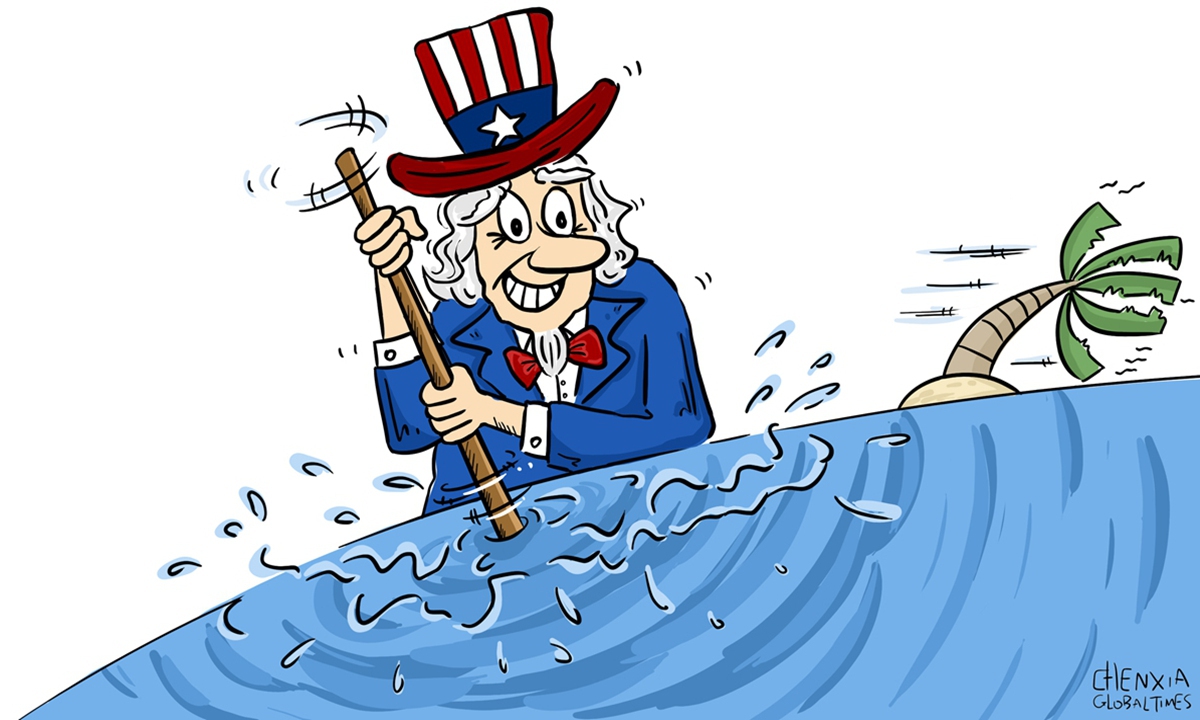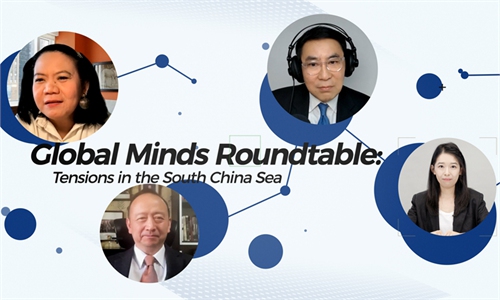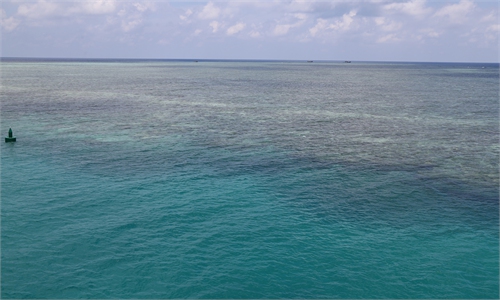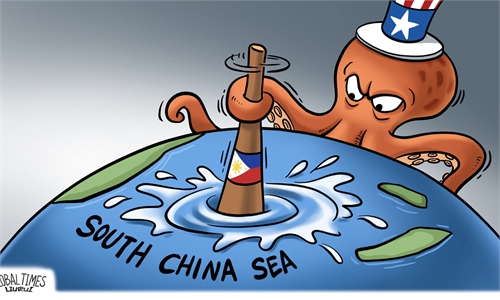China should have the courage to unsheathe the sword when necessary in South China Sea

Illustration: Chen Xia/GT
Looking ahead to 2024 and beyond, the situation in the South China Sea may present unprecedented and unsettling new features. This is primarily due to the US' actions of using the South China Sea issue as a lever to shape China's surrounding environment. Additionally, there has been an increase in unilateral infringements by claimant countries such as the Philippines, who are adopting new approaches. Another factor contributing to this situation is the accelerated closing of a window of opportunity before the completion of the Code of Conduct (COC) negotiations.First, US' South China Sea policy and its encouragement, and even dominance, of the militarization of the South China Sea are the biggest external factor influencing the evolution of the South China Sea situation. The US' methods of containing China in the South China Sea have shifted from diplomatic games, public opinion and cognitive warfare, and legal warfare to security, military, law enforcement and maritime operations, demonstrating more obvious strategic, structural and confrontational characteristics.
Former US secretary of state Michael Pompeo made a South China Sea policy statement on July 13, 2020, which marked the US' public declaration to abandon its "taking no position" stance on territorial disputes in the South China Sea. The current US policy and its actions in the South China Sea clearly indicate its support for any country's infringement and provocative actions against China while opposing any actions taken by China in the region. This not only confirms the US' "taking sides" policy in the South China Sea but also suggests that the US will continue to employ "proxy" tactics in the future. Additionally, the US is employing other approaches to reshape the strategic environment of the South China Sea, including accelerating the construction of military bases and deployment of forces in the Philippines, as well as promoting small multilateral security cooperation arrangements centered on the South China Sea.
Second, the diversification, normalization and long-term trend of claimant countries' infringements will be the biggest challenge for China when it comes to safeguarding its rights and interests in the South China Sea. The Philippines views the adjustments of the US' South China Sea policy, the further consolidation of the US-Philippines alliance and China's commitment to promote COC negotiations as a window of opportunity to solidify its control and military occupation of Ren'ai Reef, frequently provoking incidents there and causing the South China Sea situation to escalate again.
Third, the "US factor" and the South China Sea issue will make China-Philippines relations more complex and difficult. Since President Ferdinand Marcos Jr. took office, Philippines-US relations have been fully restored and strengthened, and the depth and breadth of security cooperation between the two countries have far exceeded that under the Benigno Aquino III and Rodrigo Duterte administrations. It seems unrealistic to hope that President Marcos Jr. will return to the right track any time soon. Challenges still remain in terms of maintaining stable China-Philippines relations and managing the South China Sea disputes through consultations.
Fourth, it is becoming increasingly difficult for the parties concerned to seek common ground while reserving differences and meet each other halfway. In July last year, the ASEAN-China Foreign Ministers' Meeting adopted the Guidelines for Accelerating the Early Conclusion of an Effective and Substantive COC. However, the differences and contradictions among the stakeholders in the consultation process have emerged on issues such as the scope of application, third-party interests, the implementation mechanism, among others.
Fifth, the cognitive war and the struggle for discourse power in the South China Sea will become another focus. The quarrels around "who is the troublemaker in the South China Sea," "Who is militarizing the South China Sea" and other issues, are expected to become the core of the battle for the discourse dominance.
In the face of new characteristics of the South China Sea situation, challenges and tasks, China should not only have the wisdom and patience to maintain security and stability in the region, but also have the capacity to defend its own rights and respond to all kinds of provocative behaviors with new approaches, with the courage to unsheathe the sword when necessary.
The evolution of the South China Sea situation since this century has taught us an important lesson, that is, long-term peace and stability in the region can't be achieved solely by China's unilateral restraints and tolerance.
The author is director of academic committee of China's National Institute for South China Sea Studies. opinion@globaltimes.com.cn



